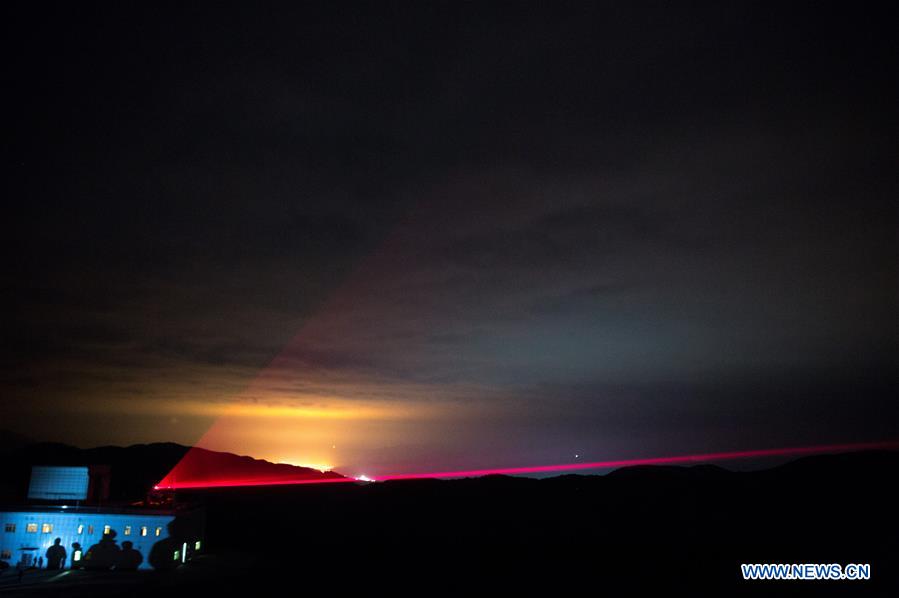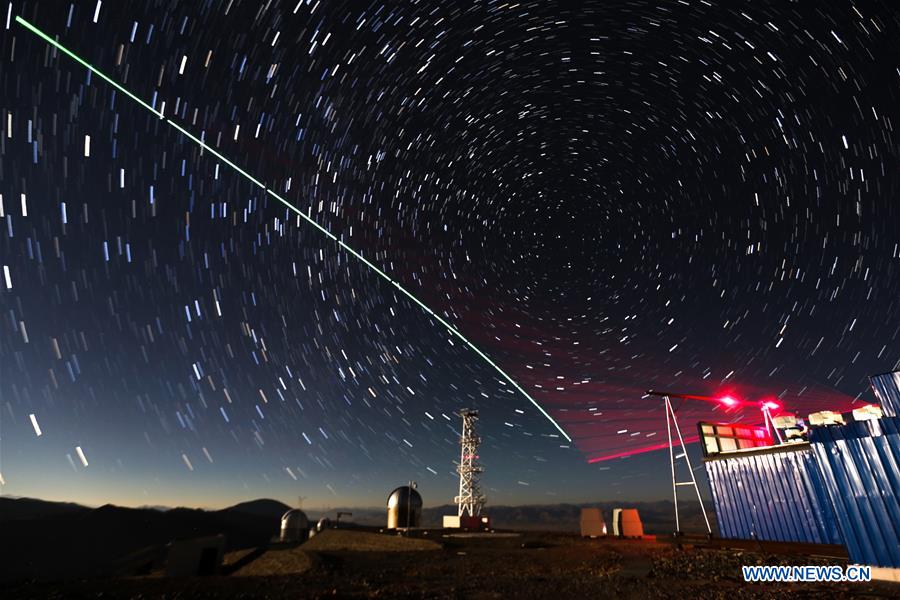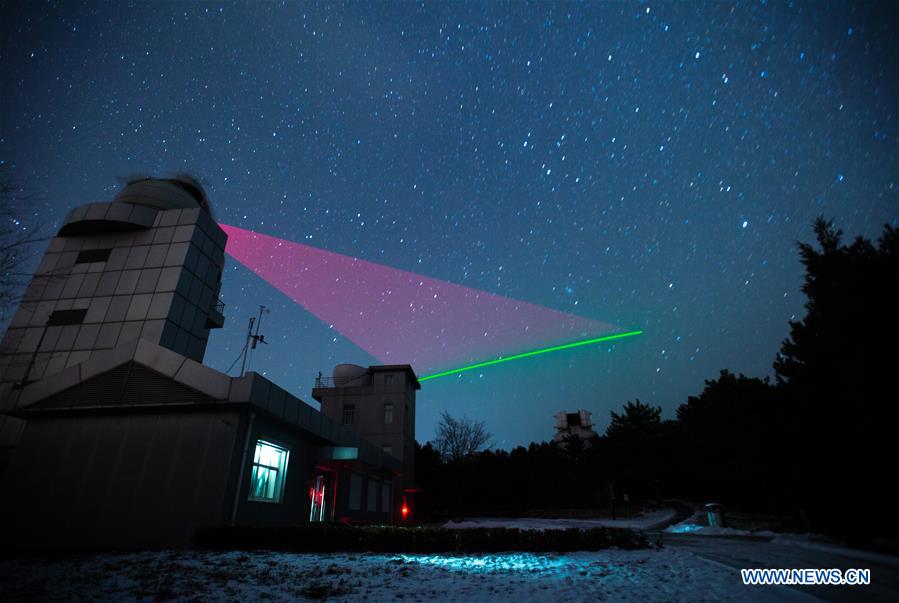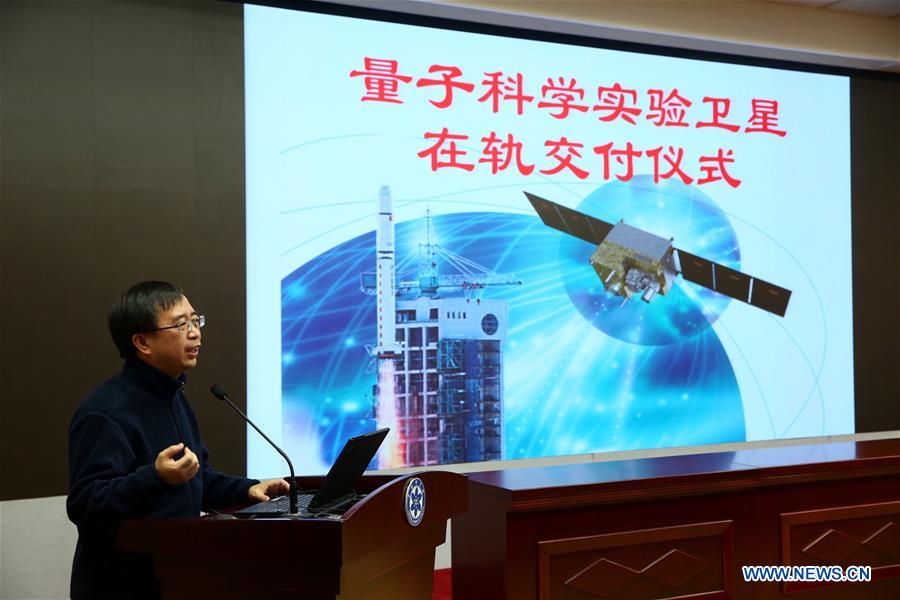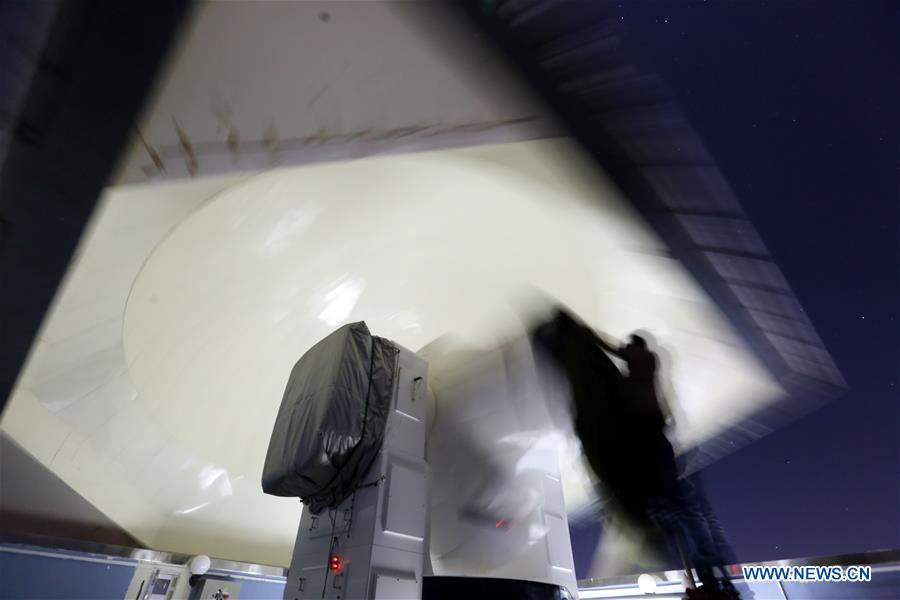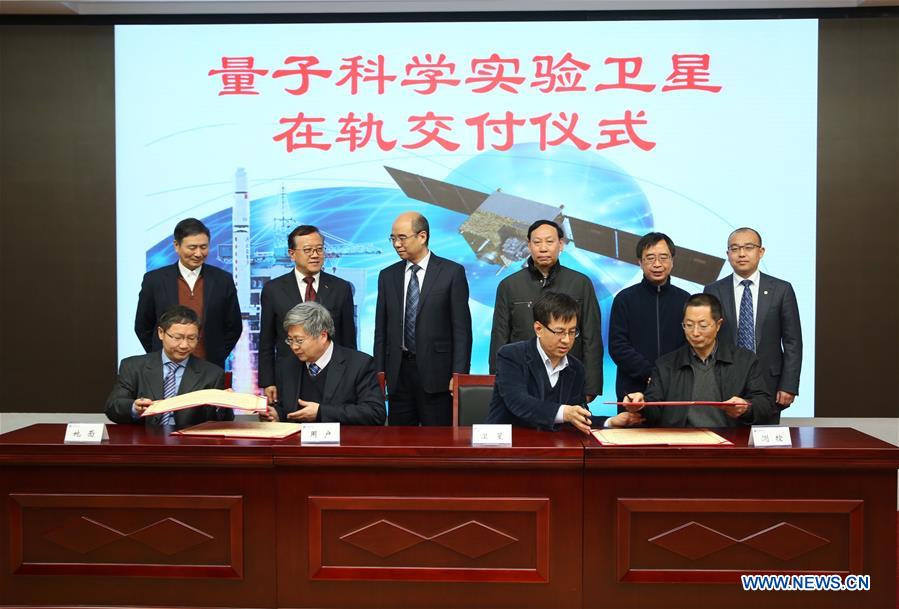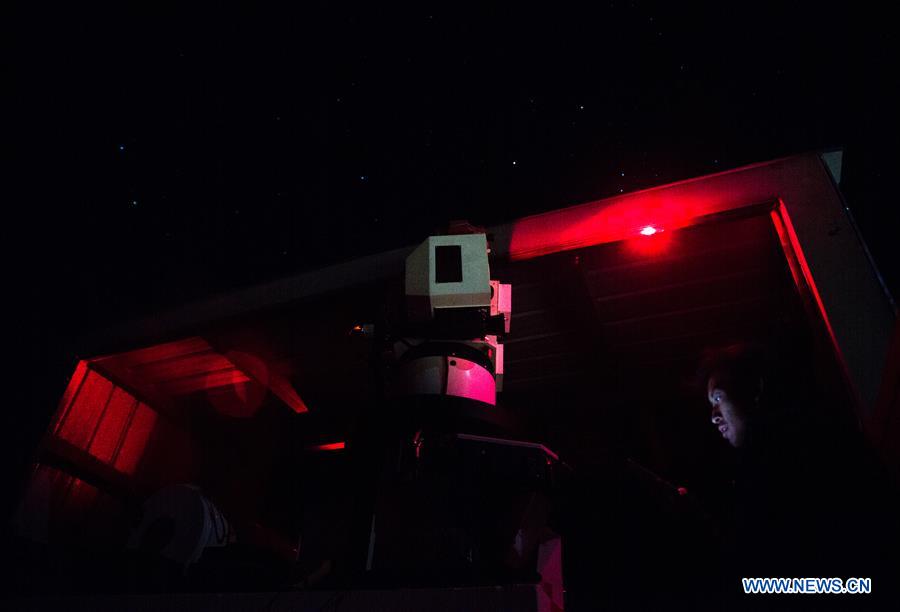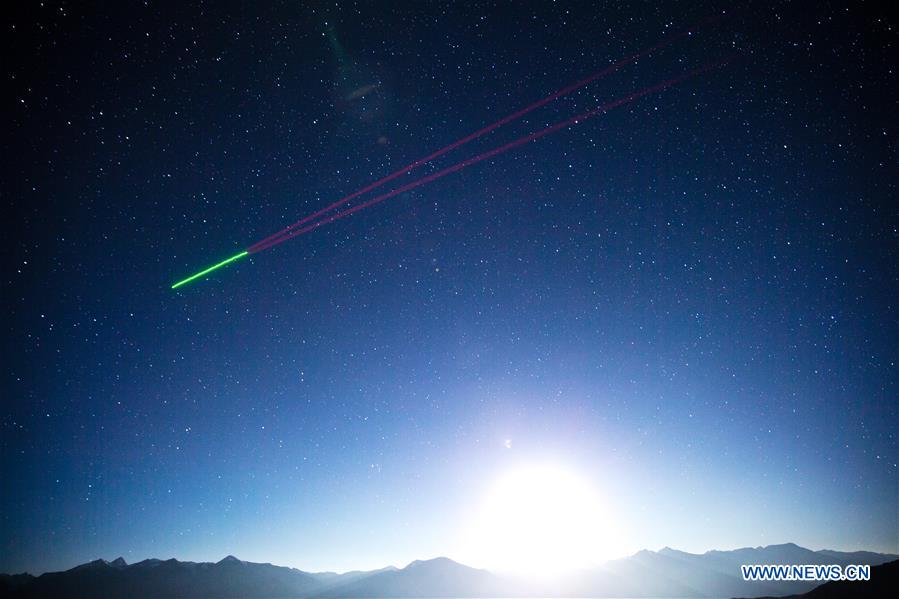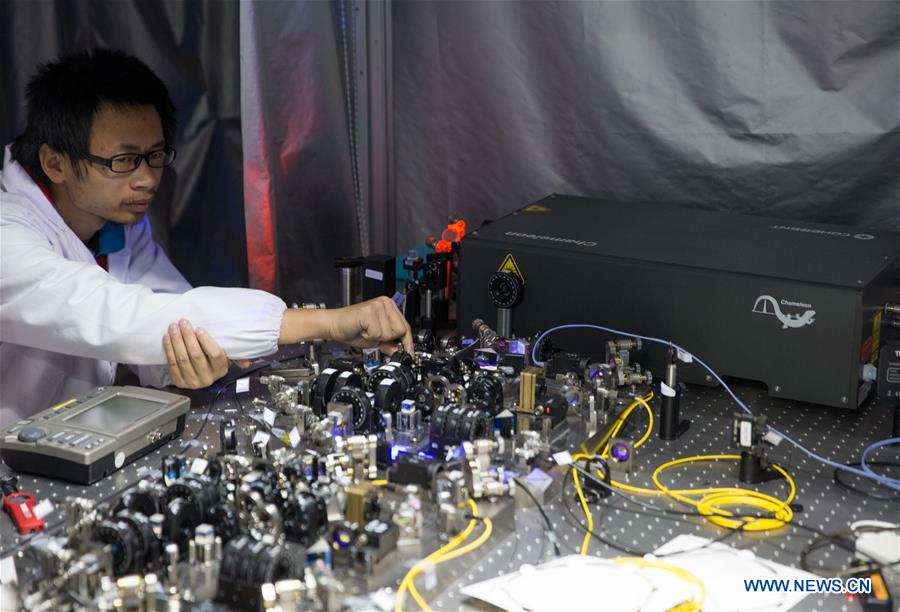beijingwalker
ELITE MEMBER

- Joined
- Nov 4, 2011
- Messages
- 65,191
- Reaction score
- -55
- Country
- Location
‘Much better than expected’: Chinese ‘hack-proof’ quantum communication satellite put into service
Published time: 19 Jan, 2017 04:43

The world’s first quantum communication satellite is now officially operational following months of in-orbit testing, the Chinese Academy of Sciences (CAS) announced, saying that performance of the device is “much better” than was initially expected.
The 600+kg Quantum Experiments at Space Scale (QUESS), nicknamed Micius after the ancient Chinese philosopher and scientist, was sent into orbit by China in August, in a bid to develop “hack-proof” communications in an age of ever-increasing cyber espionage.
Following the satellite’s deployment into orbit in August for its two-year mission, Chinese scientists spent much time testing the satellite systems and its links back to Earth, CAS said.
QUESS satellite is the “first-ever space-ground test platform for quantum communication”, said Wang Jianyu, executive deputy chief engineer of the project, Xinhua quoted.
Meanwhile, chief scientist of the project, Pan Jianwei, announced that preliminary data has been obtained from the satellite and that the research team has begun to carry out experiments of transmitting uncrackable communications messages to two ground stations separated by about 1,200km (746 miles).
The satellite contains a quantum key communicator, a processing unit, a laser communicator, quantum entanglement emitter, and entanglement source to transmit quantum keys to Earth. QUESS uses a principle of 'quantum entanglement', an act of fusing two or more particles into complementary 'quantum states'. Quantum communication is designed to be hack-proof as a quantum photon used in the process can neither be separated nor duplicated without detection.
https://www.rt.com/news/374167-china-quantum-satellite-operational/
Published time: 19 Jan, 2017 04:43

The world’s first quantum communication satellite is now officially operational following months of in-orbit testing, the Chinese Academy of Sciences (CAS) announced, saying that performance of the device is “much better” than was initially expected.
The 600+kg Quantum Experiments at Space Scale (QUESS), nicknamed Micius after the ancient Chinese philosopher and scientist, was sent into orbit by China in August, in a bid to develop “hack-proof” communications in an age of ever-increasing cyber espionage.
Following the satellite’s deployment into orbit in August for its two-year mission, Chinese scientists spent much time testing the satellite systems and its links back to Earth, CAS said.
QUESS satellite is the “first-ever space-ground test platform for quantum communication”, said Wang Jianyu, executive deputy chief engineer of the project, Xinhua quoted.
Meanwhile, chief scientist of the project, Pan Jianwei, announced that preliminary data has been obtained from the satellite and that the research team has begun to carry out experiments of transmitting uncrackable communications messages to two ground stations separated by about 1,200km (746 miles).
The satellite contains a quantum key communicator, a processing unit, a laser communicator, quantum entanglement emitter, and entanglement source to transmit quantum keys to Earth. QUESS uses a principle of 'quantum entanglement', an act of fusing two or more particles into complementary 'quantum states'. Quantum communication is designed to be hack-proof as a quantum photon used in the process can neither be separated nor duplicated without detection.
https://www.rt.com/news/374167-china-quantum-satellite-operational/



